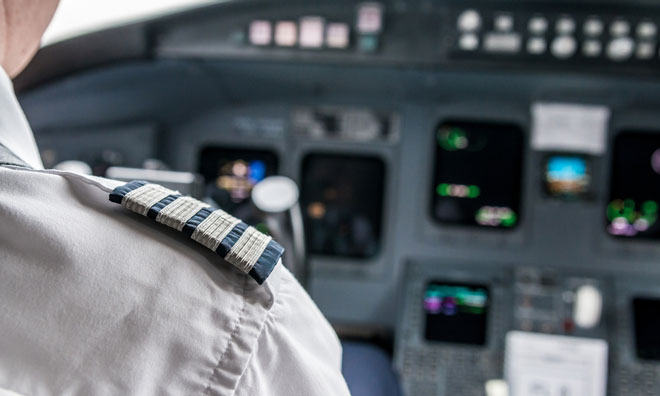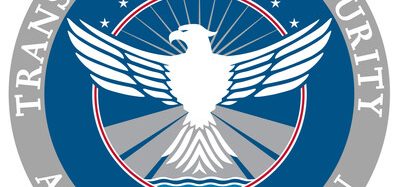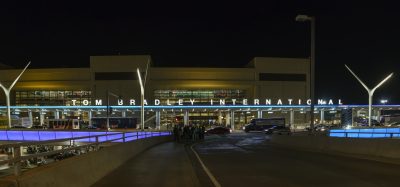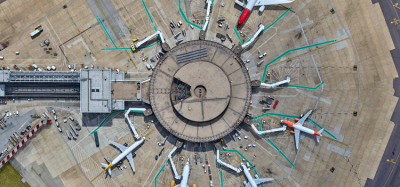Exclusive aviation security interview with IFALPA’s Capt. Agustin Guzman
- Like
- Digg
- Del
- Tumblr
- VKontakte
- Buffer
- Love This
- Odnoklassniki
- Meneame
- Blogger
- Amazon
- Yahoo Mail
- Gmail
- AOL
- Newsvine
- HackerNews
- Evernote
- MySpace
- Mail.ru
- Viadeo
- Line
- Comments
- Yummly
- SMS
- Viber
- Telegram
- Subscribe
- Skype
- Facebook Messenger
- Kakao
- LiveJournal
- Yammer
- Edgar
- Fintel
- Mix
- Instapaper
- Copy Link
Posted: 4 November 2016 | International Airport Review | No comments yet
Following our coverage of AVSEC WORLD 2016 last week, International Airport Review caught up with IFALPA’s Security Committee Chairman Capt. Agustin Guzman to discuss aviation security from a the organisation’s perspective…


From the perspective of IFALPA, what are the biggest issues facing the aviation industry in terms of security at present? What do you believe can be done to mitigate these threats?
The top 3 issues according our perspective are:
The increasing burden current security measures do have in the industry
If we want the aviation industry to continue developing and growing, we need to tackle the way we approach the screening of passengers and staff. Current security provisions for screening, although highly effective, could be the single most limiting factor to aviation growth in the mid and long term. This does not only relate to the passenger experience but it is an issue that we need to solve in order to guarantee the industry’s sustainability.
We are now exploring with the other stakeholders and regulators a more risk-based approach to security that will enable us to measure security more efficiently, and globally, adapting security controls to the specific level of threat. Initiatives like the promotion of “differentiation” that will determine each passenger’s trustworthiness in the system enabling us to move from a “one size fits all solution” to a more tailored one, where low risk passengers may benefit from a more seamless experience and higher risk ones may undergo stricter security controls or are denied access. Basically, we should move from the current system where we are looking only for prohibited items to another where we focus our resources in trying to identify ill-intended persons.
Landside security
After the recent attacks to the landside areas of airports, most probably due to the effectiveness of the current provisions to access more securely restricted areas, terrorist actions are moving further away from security checkpoints. This has resulted in the drafting of new regulation that now requires that security measures need to be applied on these areas after performing a risk assessment and calls for better (and mandatory) coordination among all relevant entities.
Cybersecurity
This is an issue that we have been monitoring for quite some time and although there have been no dire consequences yet we see the potential for such an attack to threaten the aviation security and safety. We are therefore promoting better protection of data, infrastructure and systems that may be subject to such attacks.
Enabling us to move from a “one size fits all solution” to a more tailored one…
Do you believe the relationship between pilots, airlines and airports can be improved from the perspective of ensuring a fully-integrated approach to security?
IFALPA has always recognised the importance of coordination among all relevant stakeholders. In this respect, we have always been open for collaboration with all the international regulatory and industry bodies to share our unique operational experience trying to constantly enhance the current provisions and procedures.
We participate as observers in the most relevant ICAO and industry initiatives and working groups that allow us not only to relate to the regulator but to other stakeholders in a joint effort to improve aviation security worldwide. One of our goals is the promotion of a more risk based approach to security and we are advocates of the development and implementation of Security Management Systems that would definitely benefit from the coordinated work of regulators, airlines, airports, and pilots alike.
Finally, what do you hope to gain from conferences such as AVSEC WORLD 2016?
IATA’s AVSEC World Conference is an excellent example of events that give us the opportunity to advocate for our policies and positions. Additionally, it gives us tremendous networking opportunities and the chance to share common and specific concerns that may benefit from other experts’ perspective.
This year I enjoyed the discussions related to risk management systems, landside security and, more specifically, security culture where I was invited to participate in an ad-hoc panel where I was able to share with a wider audience IFALPA’s perspective on this issue and how it relates to Security Management Systems.
Next year’s AVSEC WORLD 2017 will be held in Abu Dhabi, UAE at the Etihad Towers…

















